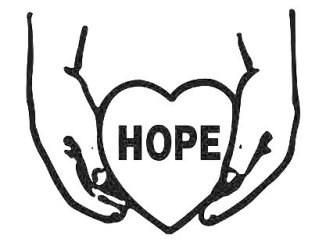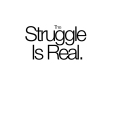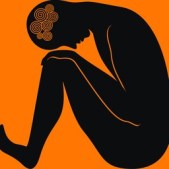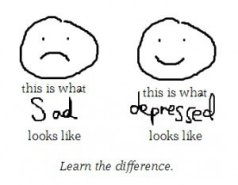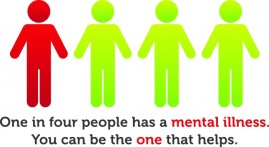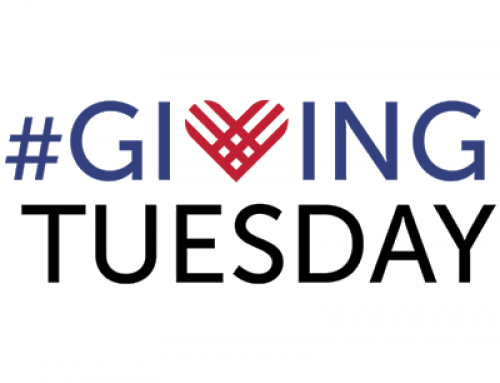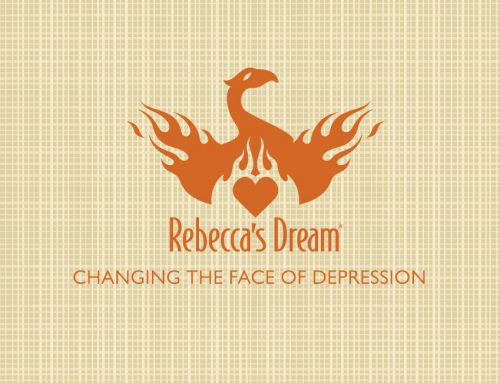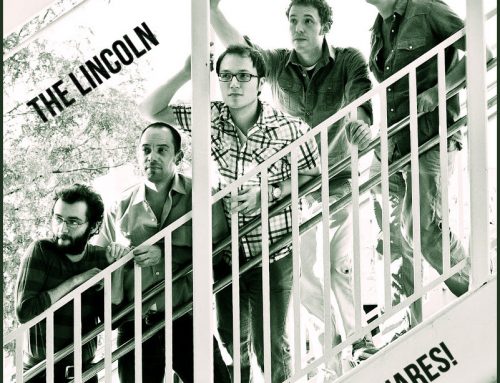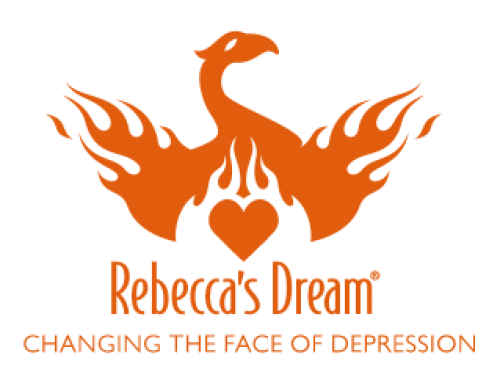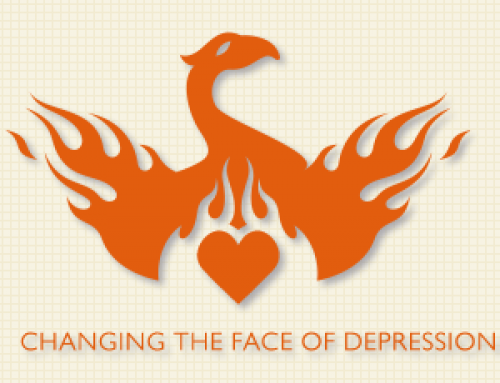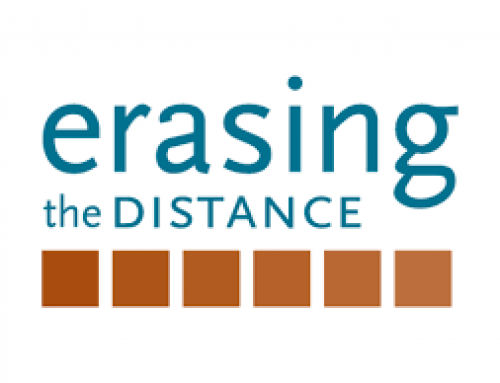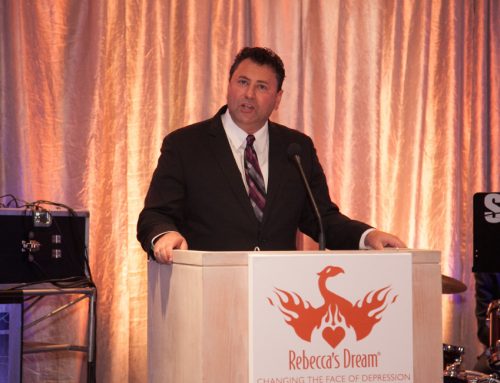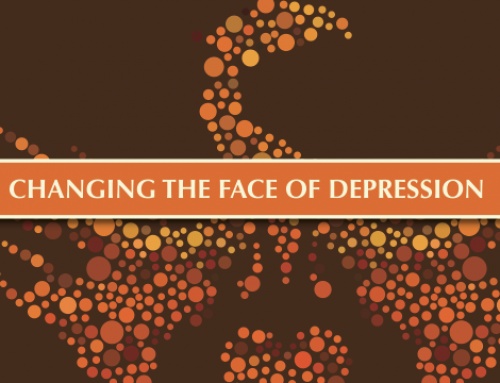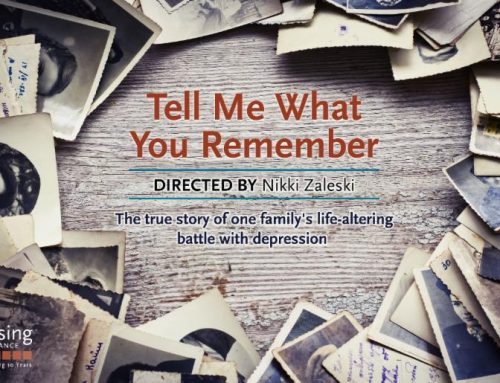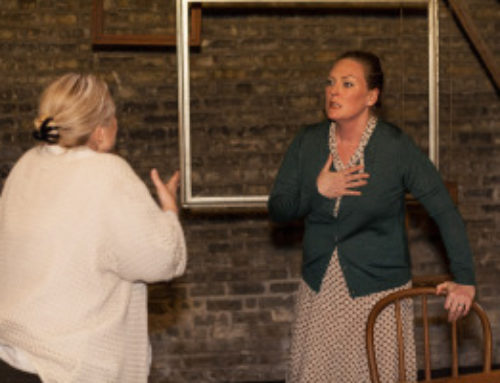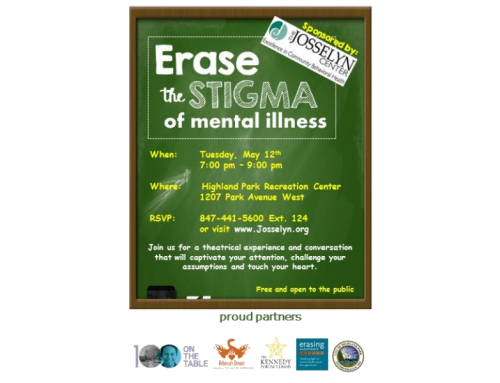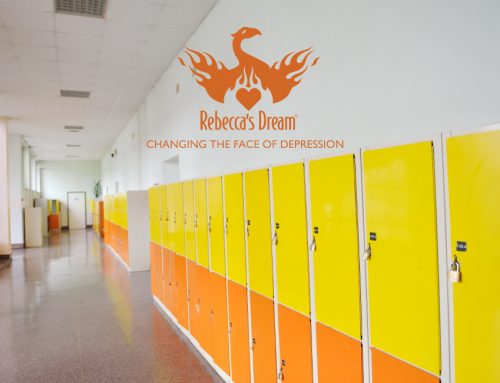In a state of terror
Jacob the dreamer also had his fears. After all, he did steal his brother’s blessing and then flee. Remember Esau’s piercing cry, “Bless me too, my father!”? Despite his blessing, Jacob also struggles. In this week’s parashah, Vayishlach, Jacob prepares to face Esau after all these years. He fears what Esau might do to him and his family. The night prior to this meeting, in a state of terror, Jacob has an encounter. He struggles with an unnamed man. An angel? Himself?
Jacob struggled and prevailed
Whether this struggle was physical, psychological or divine, Jacob prevails and receives a new name to mark this transformational moment in his life. “Your name shall no longer be Jacob, but Israel, for you have striven with beings divine and human and have prevailed” (Vayishlach, Genesis 32:29).Millions of people struggle with mental illness but do not prevail. Feeling hopeless and disconnected, they may succumb to bullying, addiction, PTSD, depression and bipolar disorder. Depression and bipolar mood disorders are real physical illnesses that often follow a cyclical course of ups and downs. Thoughts, body, energy and emotions are impacted. To make matters worse, these people, our family and friends, face stigma in the form of a belief that mental illness is a choice or a weakness.
Suffering and Stigma
Stigma is one of the main reasons why so many suffer in silence rather than ask for help. Recent campaigns to raise public awareness about this stigma include statements such as, “People suffering with depression think it’s their fault. Who in their right mind would think that!” “If you call in sick with the flu, you get sympathy. If you call in sick with depression, you get judged.” “Isn’t it insane how society diminishes people with mental illness?”
Recognizing depression
It is time to stop the stigma, raise awareness and change attitudes. Thankfully, our loved ones are no longer locked up for life in dreary mental health institutions. But that is not enough to address stage, shame and, of course, the need for lifelong treatment. We need to envision wellness for people struggling with depression and bipolar disorder, Our support is essential in helping those with mental illness recover, manage their illness and thrive. “Mental health recovery is a journey of healing and transformation enabling a person with a mental health problem to live a meaningful life in a community of his or her choice while striving to achieve his or her full potential” (SAMSHA – The Substance Abuse and Mental Health Services Administration/ Mental Health services: SAMSHA – The Substance Abuse and Mental Health Services Administration/ Mental Health services
This d’var Torah is dedicated to those who suffer from mental illness. To you we offer our prayers. We vow never to forget all of those precious souls who did not prevail. Rather, we will honor your memory through our actions that others might prevail.
What else can we do?
Contribute to foundations such as “Rebecca’s Dream: Changing the Face of Depression”. Rebecca’s family believes the best way to honor her memory is to promote awareness and compassionate understanding of depression and bipolar disorder as real diseases. Rebecca understood that we must speak the truth about mental illness, no matter how difficult. Another action is to advocate for the promotion of health care integration. Or support Mental Health America, which is committed to “promoting mental health as a critical part of overall wellness… [and advocating] for prevention services for all, early identification and intervention for those at risk, integrated services, care and treatment for those who need it, and recovery as the goal.”
Bring hope
May we be like Jacob by wrestling the dark night of mental illness, that the dawn will bring healing, hope and light. And that would be a blessing for all.
Shabbat Shalom!
Nina J. Mizrahi, Community Rabbi


